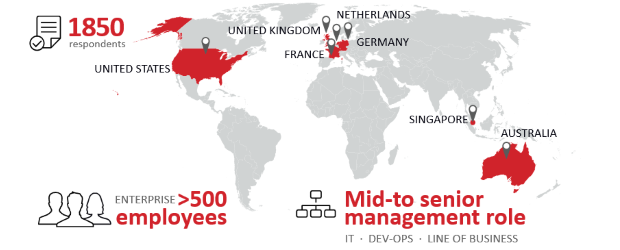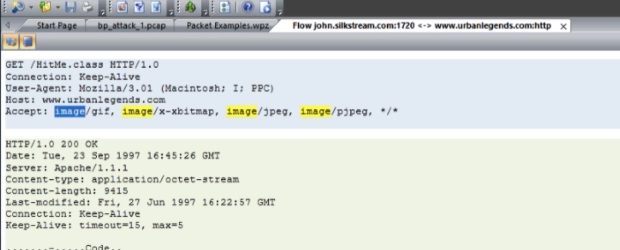Many of us would love to create the perfect unique gift for family and friends at Christmas, but if you’re not crafty or can’t knit a sweater to save your life, perhaps 3D printing might be the answer.
That’s what Walmart is looking to find out with a pilot program at its new Ancaster, Ontario store through December 20 with the help of Toronto-based Intersect. The company, formerly known as Bnotions, has partnered with Walmart Canada to guide customers on a personalized journey of designing and printing their own, unique holiday mementos.
“Walmart came to us,” said Amber Foucault, the VP of product management for Intersect, the innovation and custom services division of Symbility Solutions Inc.









